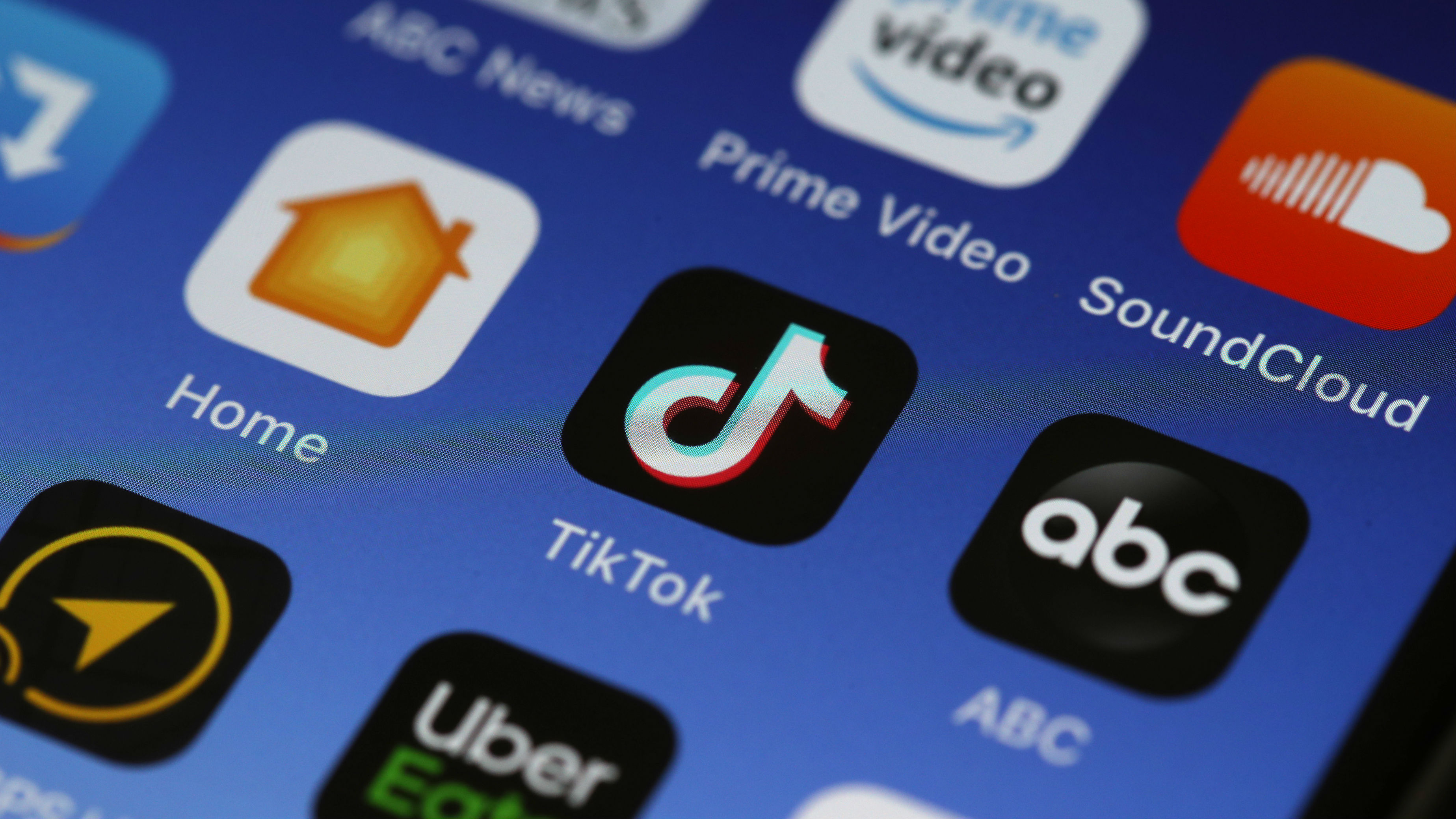Donald Trump vs. TikTok: why the US president is at war with Generation Z’s favourite app
Chinese-owned video-sharing platform under threat of ban if sale to Microsoft falls through

A free daily email with the biggest news stories of the day – and the best features from TheWeek.com
You are now subscribed
Your newsletter sign-up was successful
Donald Trump has paused his plan to ban TikTok from operating in the US in order to pave the way for the sale of the Chinese-owned app to Microsoft, according to reports.
The US president appeared to have scuppered the deal after warning on Friday that TikTok poses a national security risk because the video-sharing platform’s parent company, Beijing-based ByteDance, has access to the personal data of US users.
But Reuters reports that “people familiar with the matter” say that following a discussion with Microsoft CEO Satya Nadella on Sunday, Trump has agreed to give ByteDance 45 days to negotiate the sale.
The Week
Escape your echo chamber. Get the facts behind the news, plus analysis from multiple perspectives.

Sign up for The Week's Free Newsletters
From our morning news briefing to a weekly Good News Newsletter, get the best of The Week delivered directly to your inbox.
From our morning news briefing to a weekly Good News Newsletter, get the best of The Week delivered directly to your inbox.
Where did the spat between Trump and TikTok start?
TikTok is thought to have “about half a billion active users worldwide - and about 80 million in the US - with a huge proportion of these in their teens or early 20s”, The BBC reports.
But “some US politicians are worried the app’s Chinese owner ByteDance poses a risk to national security”, the broadcaster says - fears that have been echoed by regulators and other authorities.
“Security experts say TikTok collects a large amount of user data”, and “because its parent company is based in China, some fear the platform could be compelled to share its data with the Chinese government or censor certain videos”, The Guardian reports.
A free daily email with the biggest news stories of the day – and the best features from TheWeek.com
A number of US companies have ordered employees to delete the app from company phones, and the US military has also banned soldiers from using the platform.
Although ByteDance has denied sharing information with the Chinese government, the issue appeared to come to a head during a press event on Air Force One last Friday. Trump told reporters that “as far as TikTok is concerned, we’re banning them from the United States”.
“There are a couple of options. But a lot of things are happening. So, we’ll see what happens,” he added.
In response, TikTok’s US general manager Vanessa Pappas said: “We’re not planning on going anywhere. When it comes to safety and security we’re building the safest app because it’s the right thing to do.
“We are so proud of all the various communities who call TikTok home.”
How is Microsoft involved?
Despite TikTok’s defiant tone, the parent company’s executives are “reportedly ‘desperate’ to shield their creation from the wrath of the White House by selling it to an American company”, having “already been ejected from their biggest overseas market in India”, says The Telegraph.
ByteDance is said to have been close to reaching a deal with US tech giant Microsoft before Trump’s intervention on Friday.
And following his subsequent U-turn, Microsoft issued a statement announcing the continuation of the negotiations to acquire TikTok, with the aim of finalising the deal by 15 September.
The proposed agreement “would involve a purchase of the TikTok service in the United States, Canada, Australia, and New Zealand and would result in Microsoft owning and operating TikTok in these markets”, the Washington-based company said.
What happens next?
The negotiations between ByteDance and Microsoft are being overseen by the Committee on Foreign Investment in the United States (CFIUS), a government panel that has the power to block any agreement.
The Microsoft statement said the company “fully appreciates the importance of addressing the president’s concerns”, adding that it is “committed to acquiring TikTok subject to a complete security review and providing proper economic benefits to the United States, including the United States Treasury”.
The reasons for Trump’s ban reprieve are “not immediately clear”, says Al Jazeera. But should the deal fall through and a US veto on TikTok be introduced, Trump’s re-election chances could take a hit.
“Banning TikTok would alienate many of its young users before the US presidential election in November, and would likely trigger a wave of legal challenges,” says the broadcaster. “Several prominent Republican legislators issued statements in the last two days urging Trump to back a sale of TikTok to Microsoft.”
Other theories have also been put forward about the president’s U-turn.
According to the Financial Times, some executives at ByteDance believe Trump’s intervention may just be a negotiating ploy to help Microsoft secure a better deal.